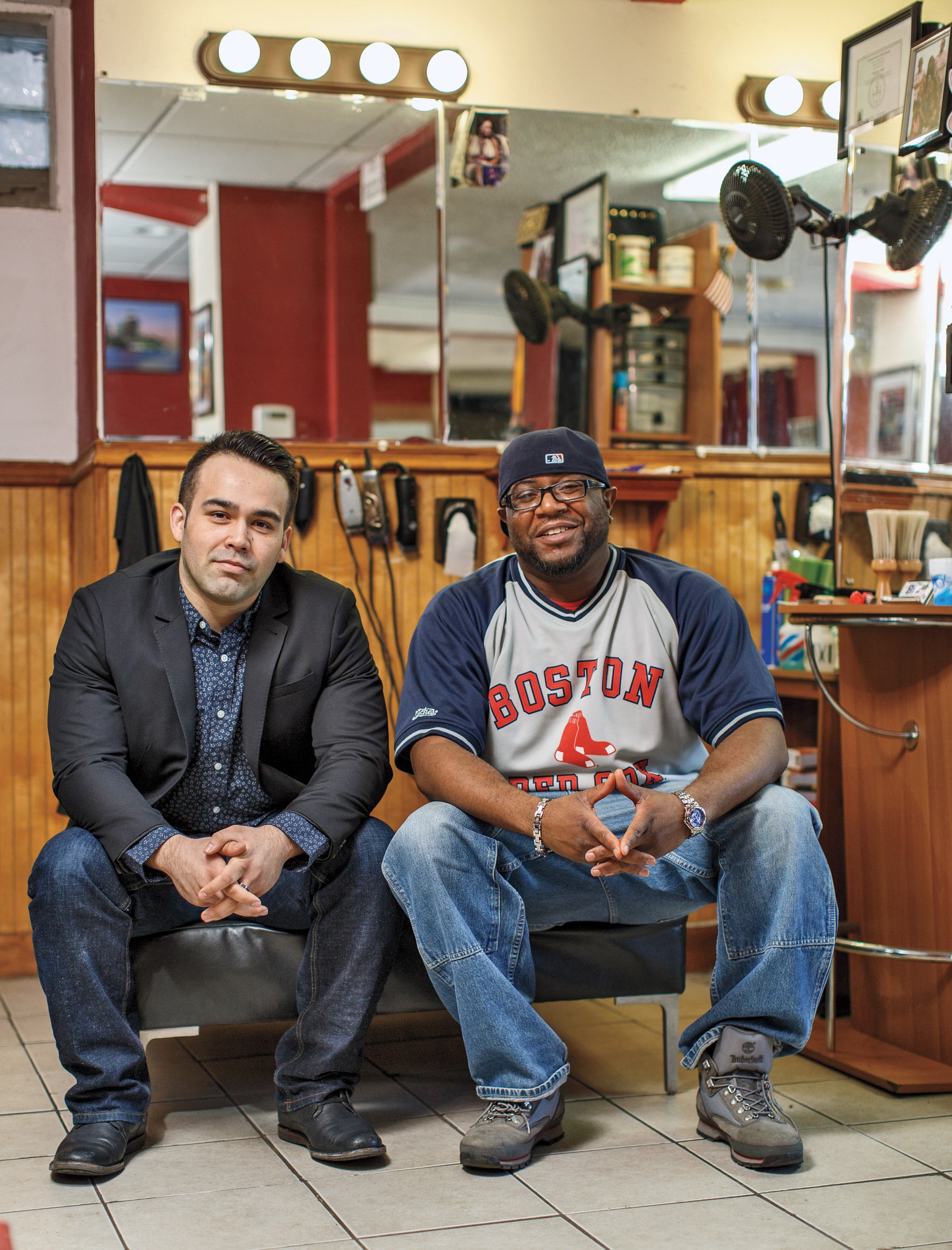A Light Touch
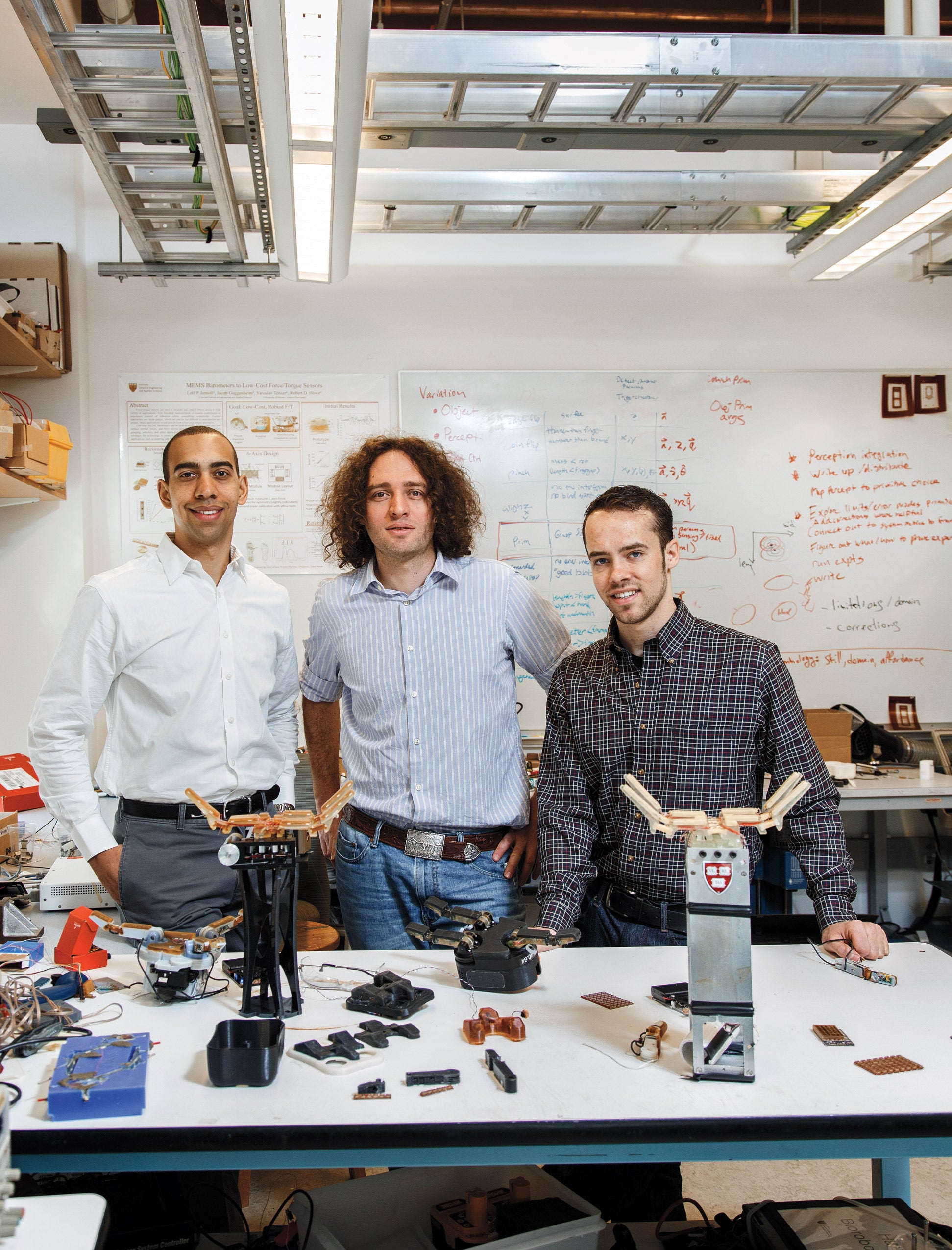
In 2010, the Defense Advanced Research Projects Agency—DARPA—put out a challenge. The government agency, which creates national security technologies for the United States, called on researchers across the country to figure out how to improve robotic hands. At Harvard Biorobotics Lab, Leif Jentoft, a Ph.D. candidate, and Yaroslav Tenzer, a postdoctoral researcher, got to work—and started a journey that would include assistance from student lawyer Lauren Gore ’15 through the Transactional Law Clinics of Harvard Law School. The clinics serve community development organizations, low- and moderate-income clients, and campus-grown innovators, such as Jentoft and Tenzer, with business, nonprofit, real estate, and entertainment law needs.
Answering DARPA’s challenge, the two engineers sought to create a tactile sensor that was low-cost, highly robust and exquisitely sensitive. Cost, in particular, was an issue because the typical $16,000 price tag on existing sensors severely limited their use.

Jentoft and Tenzer hit pay dirt when they took an array of tiny barometer chips and encased them in a rubbery plastic covering, laying the groundwork for a new tactile sensor that is affordable and resilient, and detects the slightest brush of a finger.
“We saw it as a huge breakthrough for robotic grasping,” says Jentoft. As word traveled, Tenzer says, it became clear that people wanted to try the sensors, and for uses that went beyond robotics: “People started approaching us and saying, ‘Where can we buy it? How can we try it?’”
They soon realized they needed legal help. In 2013, they started TakkTile, and became clients of TLC after being referred through the Harvard Innovation Lab, or i-lab. TLC and i-lab are among a number of resources that Harvard makes available to help turn a business or socially beneficial idea into a product or service that is marketable and capable of sale or distribution.
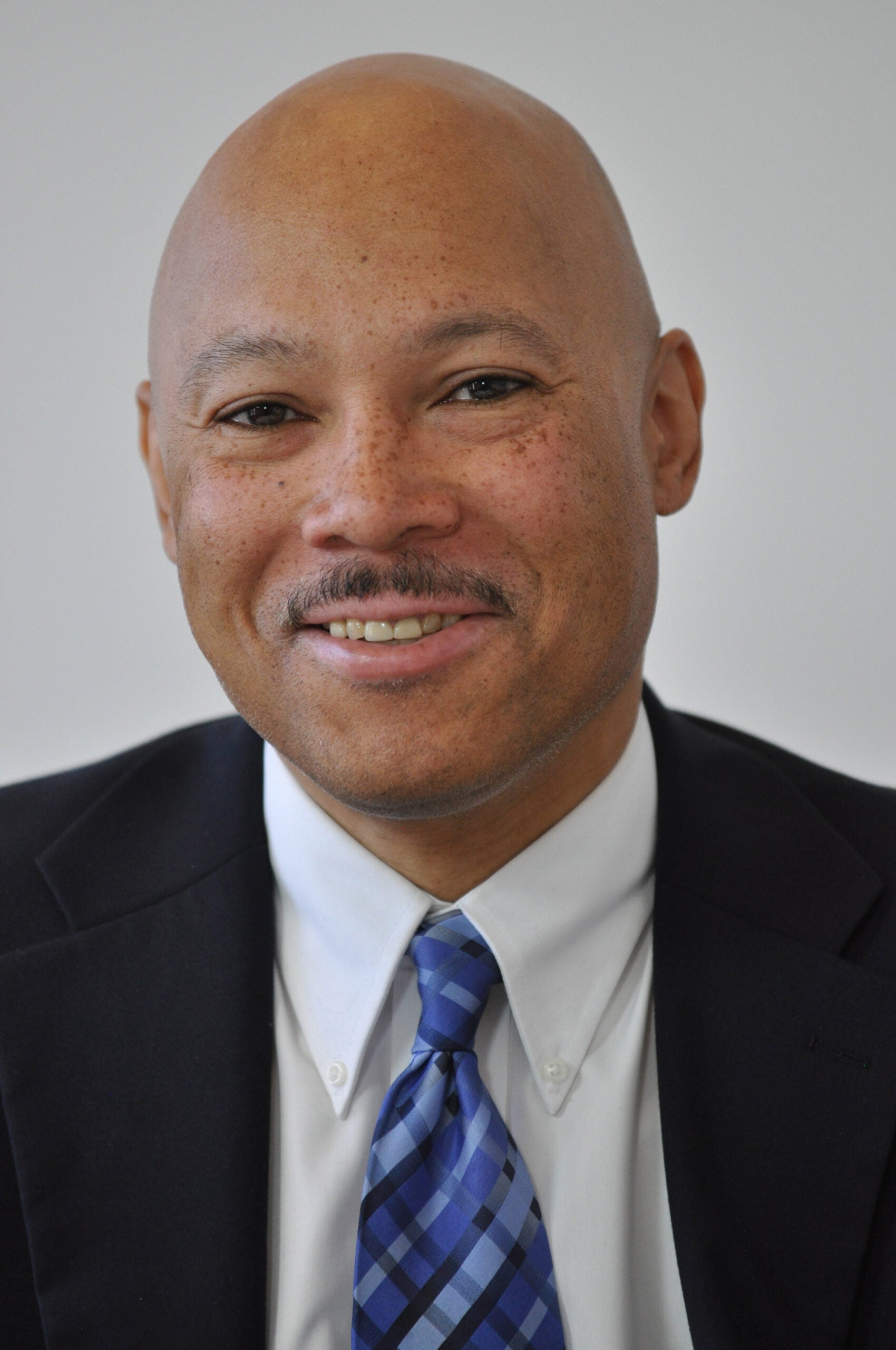
Gore says he enjoyed counseling Jentoft and Tenzer. “I actually got to sit down with TakkTile’s founders and talk to them about their interests, concerns, and aspirations for the business,” he says. Gore drafted TakkTile’s operating agreement and also documents for securing independent contractors.
Before law school, Gore, a graduate of West Point, was a company executive officer in Iraq, and his brigade worked on projects to establish the country’s legal infrastructure. Gore says he saw firsthand how people’s acceptance of law had a positive effect on their local, daily business dealings. His experiences with TLC reinforced the excitement he felt for the law when he was in Iraq.
“I’m a very strong proponent of the clinical experience, because I believe it helped ground my understanding of the true power of the law,” he says. He also wonders whether his clients’ sensing devices will one day be used in prosthetic devices worn by soldiers injured in combat.
“TLC is a community institution that can provide the legal component to bring entrepreneurs one step closer to making their business ideas come alive,” Gore says. “I think TakkTile is a great example of that.”
The Media Mogul of Mattapan
Euan (pronounced Ian) Davis, a 41-year-old barber, has known that barbershops serve as community hubs, almost as long as he has been cutting hair. And around 10 years ago, Davis, the owner of Biz Barbershop in the Boston neighborhood of Mattapan, decided to pursue a related business idea that would eventually lead him to cross paths with TLC and student lawyer Javier Oliver-Keymorth ’15.
Davis developed BarberTime based on the idea that barbershops have fulfilled the role of social media, since long before social media existed. Patrons argue politics, talk fashion—even mobilize movements.
“It was time for the barbershop to get more recognized,” Davis says. “We’re very important to the people that we deal with, and so many of them confide in us for so much, from buying cars, to children, to who they marry.”
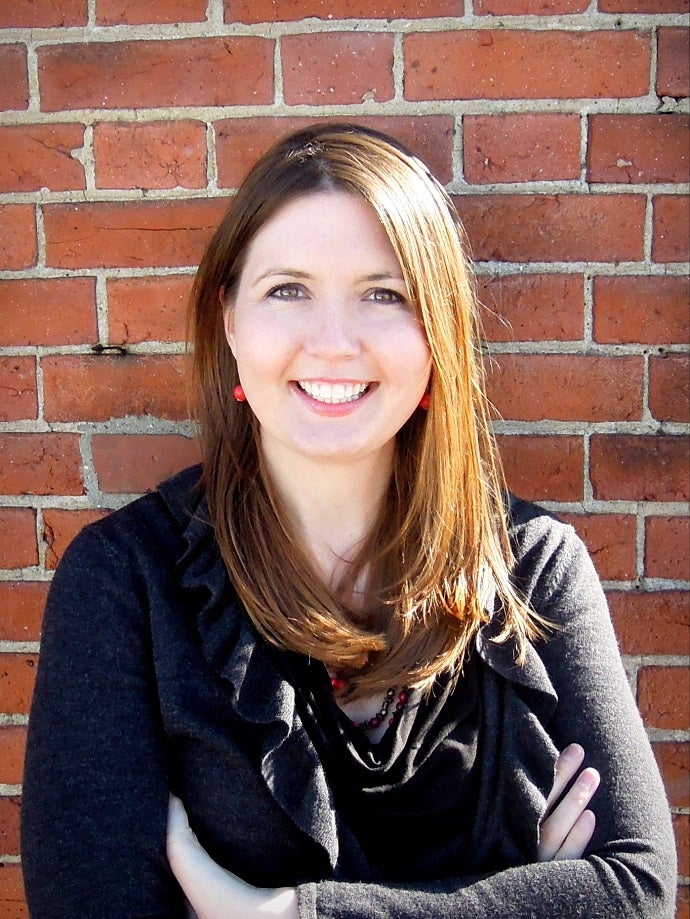
His concept includes a website, a radio station, television programming and a magazine—all designed for display or broadcast in barbershops. Potentially, BarberTime could reach the clientele of hundreds of shops, with profits coming from advertising.
In 2004, Davis was approached by the Massachusetts Department of Public Health, which sought to raise awareness for WIC, the supplemental nutrition program for women, infants and children. He enlisted about a hundred shops and salons to promote the program within their establishments and through BarberTime’s media offerings. It was a big, multiyear project. “That allowed us to know that we can start whole campaigns based on shops being media sources,” says Davis.
Davis now wants to take BarberTime to the next level. “What I’m trying to be is a media giant,” he says. BarberTime has minority partners and is set up as an LLC, and Davis wants to shore up his business structure before seeking investors. That’s where the HLS clinics and Oliver-Keymorth come in.
He says that working with Davis is helping him better understand how to use the law to set up a complicated business idea for future success. “For me, it’s about learning how companies operate, what documents and forms are legally necessary to file, and learning how to sort out the legal intricacies of such a complex business plan,” he says. “For Euan, it’s about putting the pieces together in a way that wouldn’t be possible if it weren’t for the clinics.”
Condo Confidential
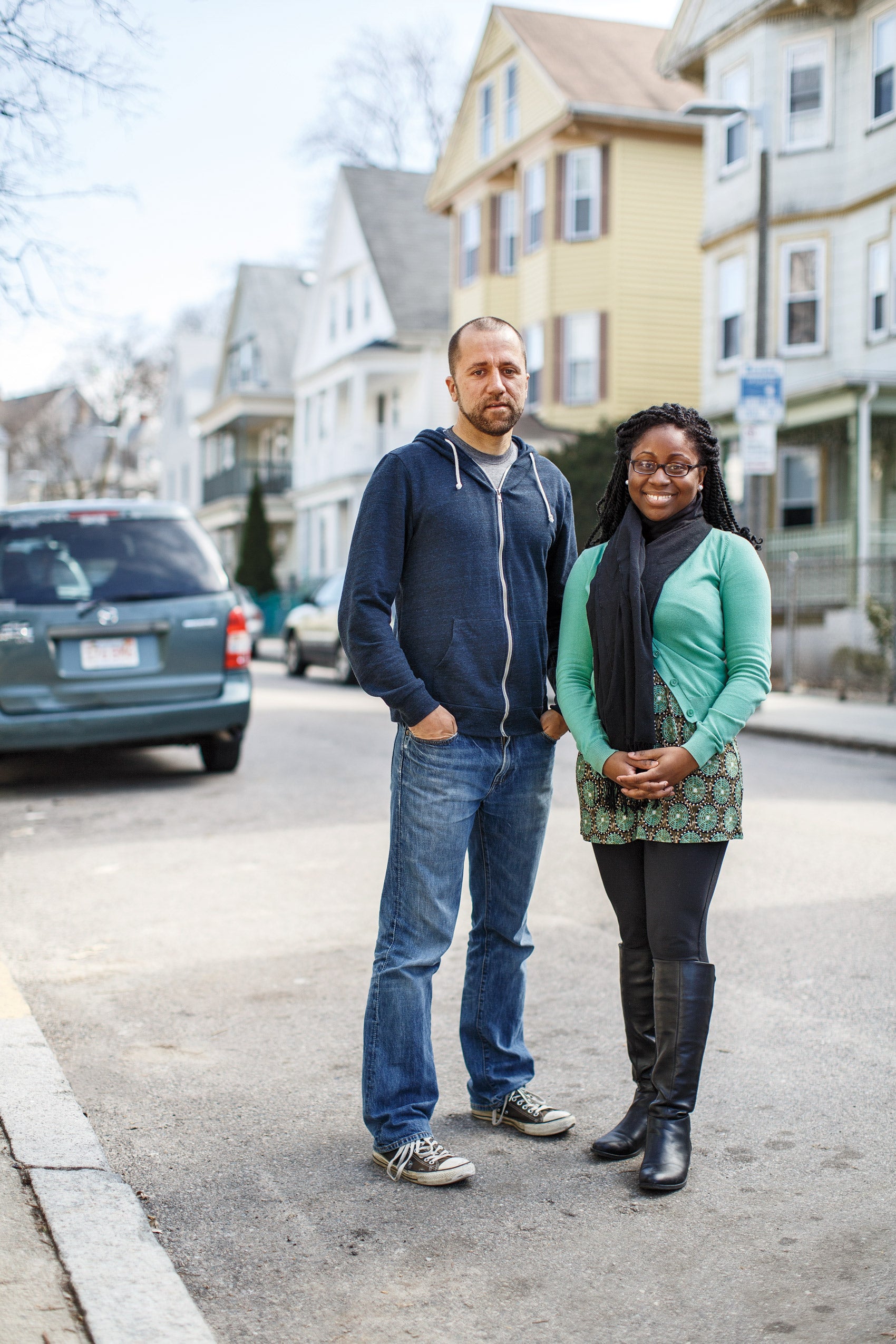
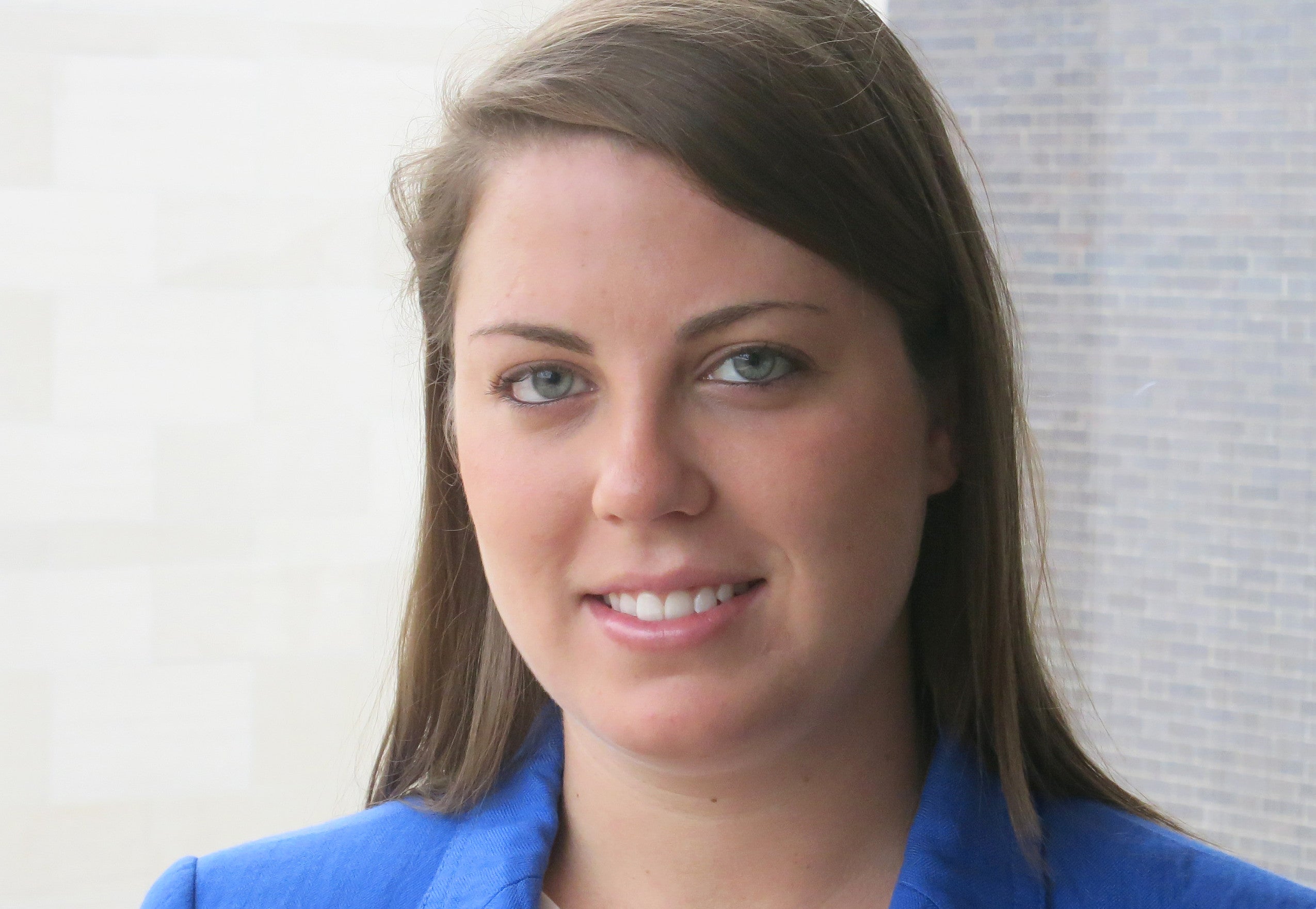
In his first two semesters in TLC, Joshua Wackerly ’14 encountered three low- to middle-income clients with a similar problem: They were living in affordable condominiums and wanted to sell their units and move—but they couldn’t. Their condo associations were dysfunctional, and banks and buyers wouldn’t touch the properties.
“After researching the problem and speaking with a few different people involved in affordable housing, it became apparent that this is a very common problem in Boston,” Wackerly says.
It was an issue tailor-made for the TLC’s Community Enterprise Project, which encourages students to identify community needs that emerge from their representation of individuals or interactions with local organizations, and devise broad-based strategies for addressing them.
Seventy-nine percent of Boston’s 7,400 residential condo associations are tiny—fewer than five units—and many are too often run at low levels of professionalism that can result in underinsured properties, poor conflict resolution, and inadequate reserves, causing banks and buyers to shy away from their properties. With condos making up about 21 percent of Boston’s housing stock, a widespread logjam on condo sales can drag on the economy. For individual owners with assets tied up in their condos, the results can be devastating.
To see how TLC might help, Wackerly reached out to Bob Credle, director of community programs at Urban Edge, a local community development corporation. After consulting with colleagues and with the city’s Department of Neighborhood Development, Credle suggested the idea of a manual for condo owners explaining their rights and responsibilities. Wackerly led a team of two other students, Faith Alexander ’14 and Sarah Weiner ’15, to create the manual.
Among the major groups that assisted with the manual’s development is the Citizens’ Housing and Planning Association. Karen Wiener, the organization’s deputy director, says, “The students are helping us to see what are the bigger issues that can be addressed more globally.” She continues, “Particularly for a nonprofit organization like ours, where we’re always trying to do too much without enough staff and enough resources, it’s just wonderful that this kind of resource exists.”
The manual is available online, and Wackerly’s team has distributed printed copies to area housing organizations. In April they presented a class, with CHAPA and the Department of Neighborhood Development, at a public library branch in Dorchester.
As Wackerly prepares to graduate this year, he hopes to set the stage for future action on the Healthy Condos Project by proposing a project for establishing accessible alternative dispute resolution mechanisms for condo owners. “My hope is that our team will have some time to start researching and drafting these proposals so that students next semester can pick up where we left off,” he says.
